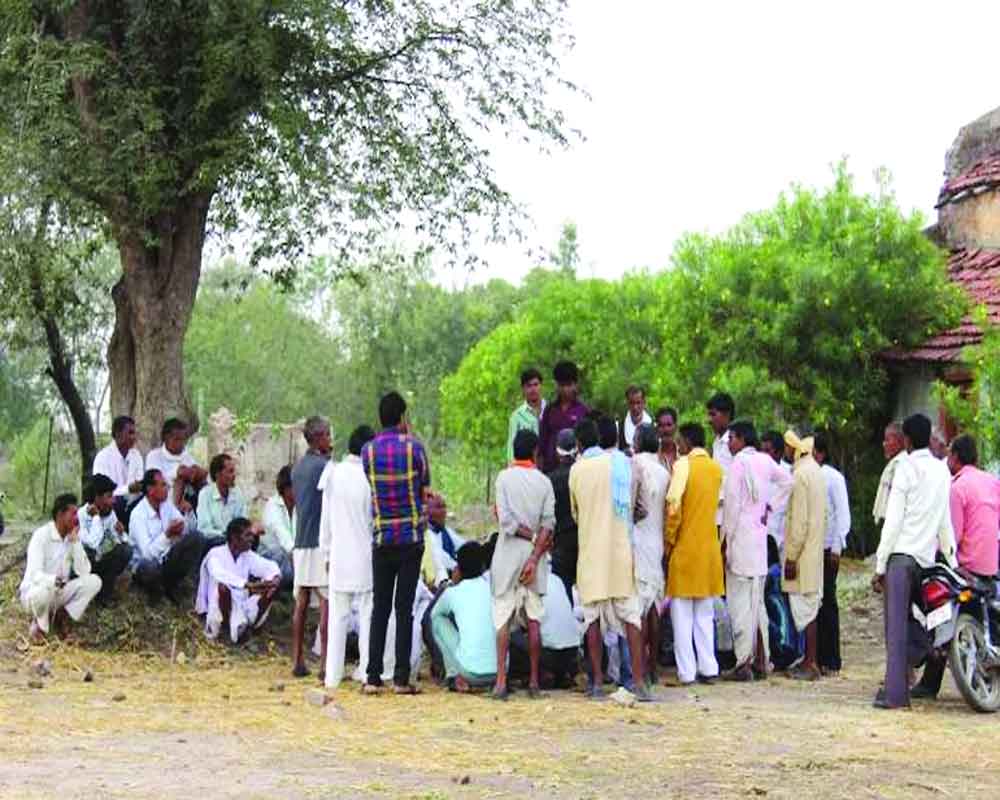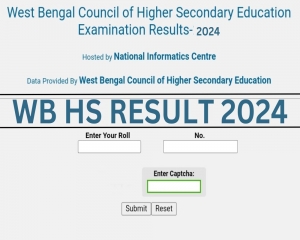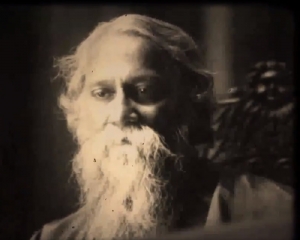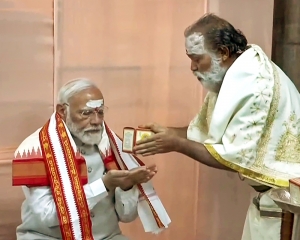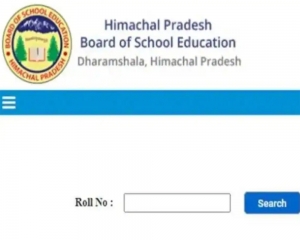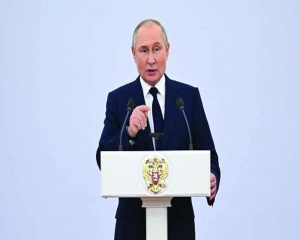Panchayati systems are considered to be the fundamental pillar of local administration because it provides rural people with direct participation in the country’s democratic process. The provision of local self-government has been in India since ancient times. In Indian democracy, since Independence, Panchayati systems were given their due importance for which different models were adopted. Mahatma Gandhi’s ideology regarding the Panchayati Raj system was that the village panchayats should be made solid and self-sufficient so that they conduct all administrative activities at the village level. This is why the makers of the Indian Constitution had added separate provisions for this.
India is the largest democratic country in the world, with about 90 crore voters registered, according to the Election Commission’s 2019 list. According to the ‘Rural Connection Network,’ there are 2,39,000 Gram Panchayats all over the country, which are a State subject mentioned in the Seventh Schedule of the Constitution. The responsibility for their management, financial system, election, and arrangement of the structure rests on the State Government. The governance system of India works at three levels in which the third level is local self-government (the Panchayati system). Article 40 of the Indian Constitution contains provisions related to it, which was not an enforceable procedure. The states were not in favour of giving constitutional status to the panchayat systems, saying it violated the federal system. This is why Rajiv Gandhi’s 64th Amendment (1989) and VP Singh’s constitutional effort (June 1, 1990) failed.
Constitutional status was accorded to Panchayats in 1992 and 1993 by the 73rd Constitutional Amendment, which then Prime Minister PV Narasimha Rao worked tirelessly on. The responsibility of conducting their elections rests with the State Election Commission, provided by Article 243 (K) of the Indian Constitution. Some states have announced their election because of the Constitution; their tenure is for five years, which is provided by Article 243 (E) of the Indian Constitution, but the purpose for which the concept of Panchayati systems was implemented is today helpless in achieving its original objective.
Voters and elected officials engage in conversations, yet the conversation does not begin since communication throughout an election is frequently devoid of substance. Additionally, there are no discussions going on between the candidate and the voter. Prominent political party leaders attend these polls in order to tally their victories. The news certainly delighted the voters when Netaji Subhash Chandra Bose too had to raise local issues like loans. Commission, housing commissions, what issues do you have with the water and roads, he had asked earlier. In these elections, health and education are burning issues. The headman often remains indifferent, even as voters focus on the state of primary schools along with other local issues.
Because of lack of knowledge or education, the candidates’ intentions and professional experiences are also not scrutinised during these elections. While the Panchayati system has helped local bodies, only a portion of the projects are intended to serve the villagers. Under such circumstances, every voter ought to select the candidate who best reflects the desires of the people, not the ‘sole’ candidate who offers casteism, religion, regionalism, and self-interest. This process can only proceed if there is evidence of improvement at the local level. Voters ought to cast their ballots voluntarily and with diligence in order to support local institutions’ credibility and enabling the competent leader’s directives to be carried out over a period of five years, both of which encourage advancement.
Today, the Panchayati Raj system exists in almost the whole country, but in reality, self-reliance today is far from what was envisioned at the time of its implementation. A provision for reservations was made in the Panchayati system under Article 243A. However, women have been unable to take full advantage of it, so have the lower classes, because even today, voting in rural areas is inspired by several biased undercurrents. Only when the Panchayati system becomes solid and self-reliant will India’s democracy be strengthened.
The process of reforms can start from the village itself. Women have become sarpanches but they do not run the administration; their husbands step in. A person belonging to the SC/ST category becomes a sarpanch, but only a handful of wealthy people run the administration. Even today, many states need to transfer their subjects to the Panchayati system. In Panchayat elections deceit and force are openly used. The person who has access to the top of the administration is the one who occupies critical positions, a reason why the purpose for which it was created has not been fulfilled.
The Government allots crores of funds to the development of villages but the benefits instead are spent on things remote from a village or its voters. To this date, the Panchayati system is entirely self-sufficient and those whose dreams could not be realised. In the present circumstances, the Government should make Panchayati Raj self-reliant for which education is the most significant step ahead. Awareness is only possible with education because that alone can make citizens and voters politically aware.
(Views expressed are personal. Author is President of the Indian Research Scholars Association and can be contacted at sagarvikash829@gmail.com)













